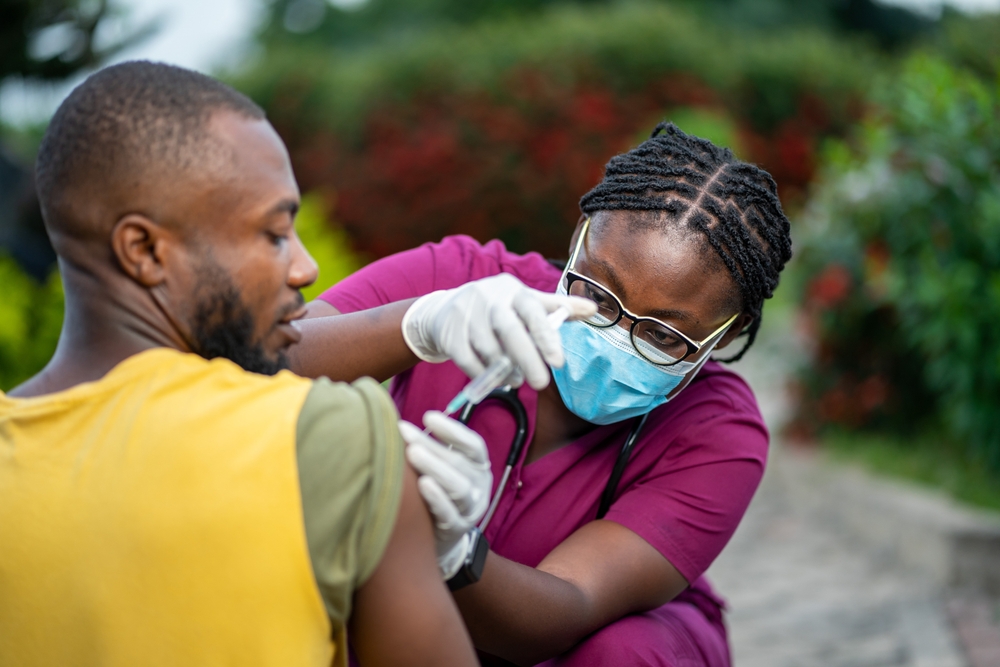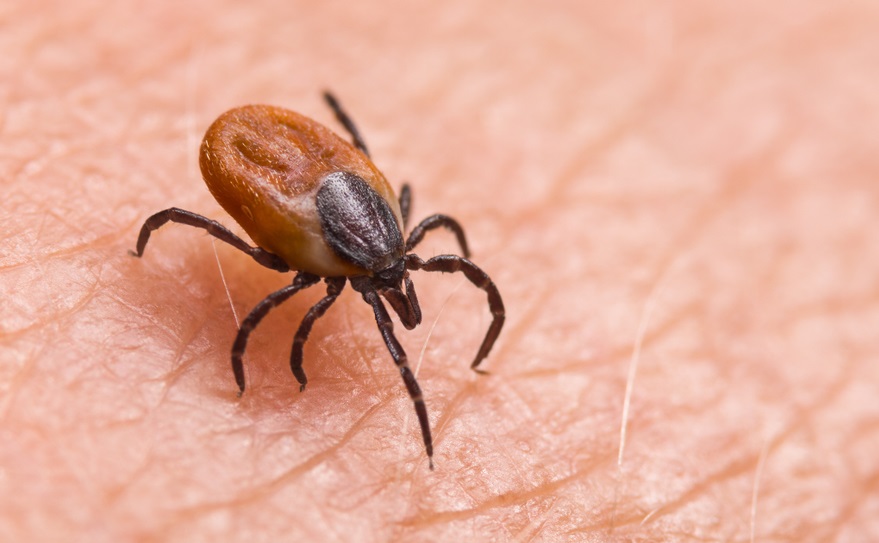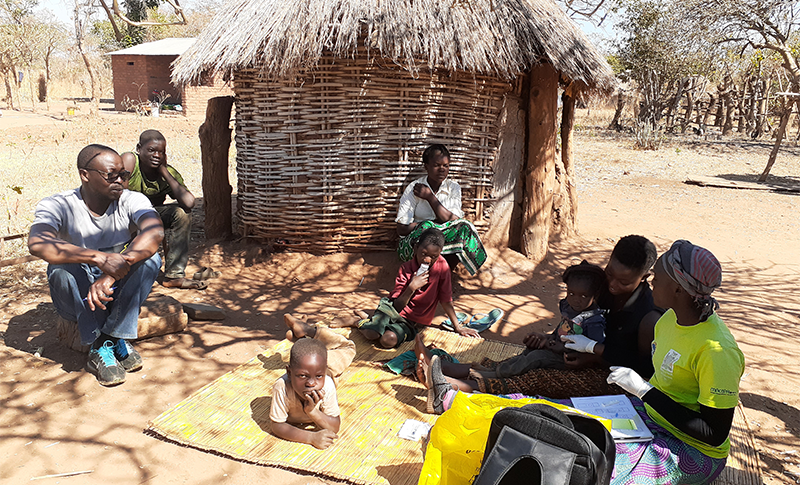Mobile clinics are an efficient and effective way to increase vaccination coverage in communities in rural Africa considerably. This is shown by a study conducted in Sierra Leone at the start of 2022 by Maarten Voors (Development Economics group), one year after the covid-19 vaccine became available. Scientific journal Nature recently published an article on the study.
Although the fact that vaccine coverage benefits from the distribution of vaccines to small villages is not necessarily breaking news, ‘Unicef and the WHO called this study controversial when I discussed it at a large conference’, Voors says.
Voors’ motivation for the research was the well-known maps showing global vaccination coverage. In the west, the coverage was as high as 70 to 80 per cent, while it oscillated around 10 per cent in Africa. Willingness to vaccinate did not account for the difference, a previous study showed. A quick survey among inhabitants of ten disadvantaged countries showed that some 80 per cent of the population was willing to get vaccinated (by way of comparison this percentage was 65 in the United States).
In rural Africa, distribution does not mean: ‘take it to the airfield’
Maarten Voors, assistant professor of Development Economics
Vaccination campaigns traditionally focus on stimulating the demand. This was also the case in African countries, where ‘text messages, Facebook ads and flyers were used to stimulate people to get vaccinated’, says Voors. Although it has since become clear that this approach is not very effective -it achieves a 1 to 2 percentage point increase- many governments opted for this approach when covid vaccines became available. That was also the case in Africa.
Pop over to Paris
Development economist Voors: ‘People are not sufficiently aware of what a call like that means for those living in remote rural areas. In Sierra Leone, for example, it could cost a person several hours and a week’s wages to even reach the vaccination post. You might compare it to us being asked to pop up and down to Paris to get a jab that mainly protects your parents’, he explains. Hence, Sierra Leone’s vaccination coverage was meagre, under 10 per cent.
The Ministry of Health acknowledged the problem and was interested in bringing vaccines to remote areas through the use of mobile clinics and temporary vaccination stations. With support from the ministry, the international NGO Concern Worldwide, donors such as NOW and WAM, and his team, Voors investigated how this affected vaccination coverage.
Effective and affordable
The vaccination rate in the 100 villages in the intervention group increased by 26 percentage points within 48 to 72 hours. And, because people from surrounding villages also found their way to the mobile vaccination stations, the number of vaccinated people increased sevenfold. ‘This is real distribution, and not what the pharmaceutical industry has considered it to date: bringing vaccines to the airfield and leaving them there to go to waste.’
In addition to being effective, mobile clinics are affordable, according to economist Voors. ‘Distribution of vaccines through mobile clinics costs 33 dollars per person, against an average of 80 dollars for the regular campaigns. There is also room for more efficiency if vaccinations are combined with other types of healthcare. Scaling up could potentially offer even more health benefits’, he states.
Malaria jabs
The study was published at a significant moment: an extensive vaccination campaign against malaria is to be launched, while at the same time, trust in vaccination is dwindling in Africa. ‘There is a lot of misinformation and disinformation, and people fear that the scepticism with regard to the covid vaccinations could also be transferred to, for example, polio, HPV or the future malaria vaccines. High vaccination coverage is essential due to the potentially grave socio-economic impact. If many people fall ill or die from diseases, the economy and society will be significantly impacted in the long term.’

 ‘This is real distribution’, says development economist Voors. Photo Shutterstock
‘This is real distribution’, says development economist Voors. Photo Shutterstock 

